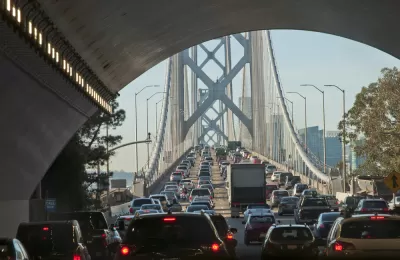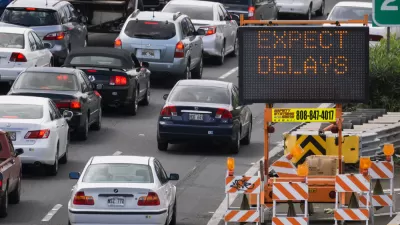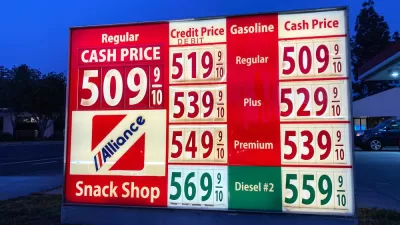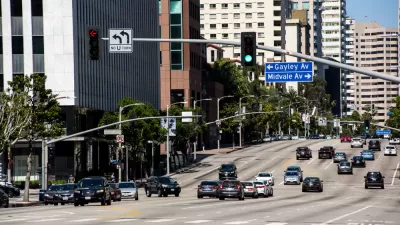Increasing car ownership and shifting demographics means planners need to rethink the car-centric equation, according to this article.

Daniel C. Vock has some good news and some bad news about car ownership among low-income Americans.
"The good news is that more low-income Americans report they have access to vehicles than they did a decade ago, before the Great Recession," according to Vock. "The bad – or at least, unsettling – news is that even a subtle shift in car usage could have big impacts on transit ridership and other transportation policies, and public officials are still trying to determine how to respond."
The contemporary connection between increased car ownership and reduced transit ridership was first elucidated by researchers from the University of California, Los Angeles in a study focusing on the Los Angeles region. Vock follows the reasoning of that study to a broader conclusion about the United States reverting to the pre-Recession norm in terms of car ownership and usage.
"Urban planners who want to push for walkable neighborhoods and transit-oriented development can still make a compelling case for certain areas, particularly urban centers," writes Vock.
The article includes more details about the implications of increased car ownership, for both urban and suburban environments, as well as in other sectors of the economy, like auto loans.
FULL STORY: More Poorer Residents Are Driving Cars, Presenting New Issues for Transit Agencies

Alabama: Trump Terminates Settlements for Black Communities Harmed By Raw Sewage
Trump deemed the landmark civil rights agreement “illegal DEI and environmental justice policy.”

Study: Maui’s Plan to Convert Vacation Rentals to Long-Term Housing Could Cause Nearly $1 Billion Economic Loss
The plan would reduce visitor accommodation by 25% resulting in 1,900 jobs lost.

Planetizen Federal Action Tracker
A weekly monitor of how Trump’s orders and actions are impacting planners and planning in America.

Waymo Gets Permission to Map SF’s Market Street
If allowed to operate on the traffic-restricted street, Waymo’s autonomous taxis would have a leg up over ride-hailing competitors — and counter the city’s efforts to grow bike and pedestrian on the thoroughfare.

Parklet Symposium Highlights the Success of Shared Spaces
Parklets got a boost during the Covid-19 pandemic, when the concept was translated to outdoor dining programs that offered restaurants a lifeline during the shutdown.

Federal Homelessness Agency Places Entire Staff on Leave
The U.S. Interagency Council on Homelessness is the only federal agency dedicated to preventing and ending homelessness.
Urban Design for Planners 1: Software Tools
This six-course series explores essential urban design concepts using open source software and equips planners with the tools they need to participate fully in the urban design process.
Planning for Universal Design
Learn the tools for implementing Universal Design in planning regulations.
Caltrans
Smith Gee Studio
Institute for Housing and Urban Development Studies (IHS)
City of Grandview
Harvard GSD Executive Education
Toledo-Lucas County Plan Commissions
Salt Lake City
NYU Wagner Graduate School of Public Service





























